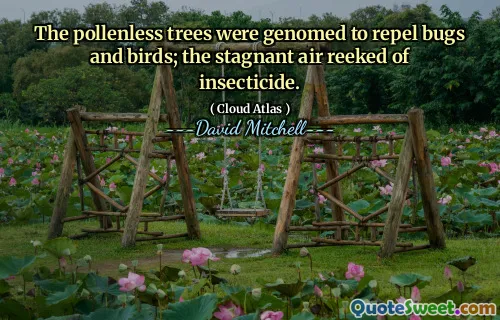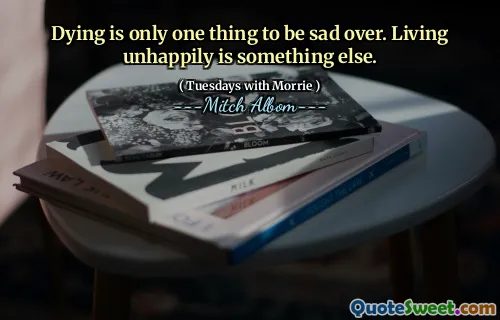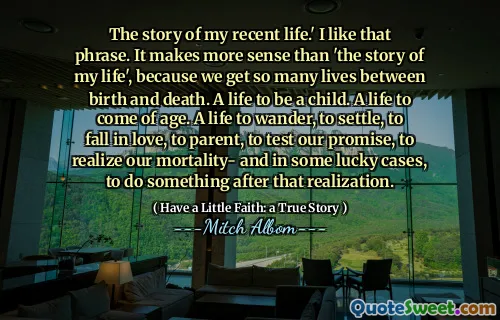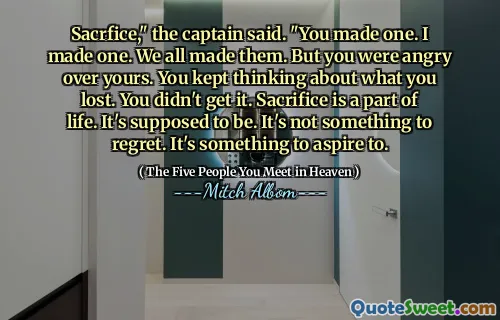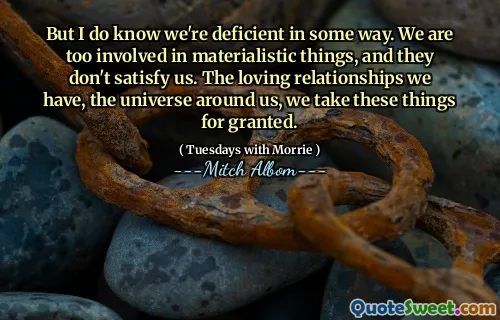He wishes he had never entered the funhouse. But he has. Then he wishes he were dead. But he's not. Therefore he will construct funhouses for others and be their secret operator -- though he would rather be among the lovers for whom funhouses are designed.
The protagonist reflects on his regrets about entering the metaphorical funhouse, which symbolizes life and its complexities. He finds himself wishing for an escape, even contemplating death, but realizes he must continue navigating this convoluted experience. His sense of entrapment leads him to the decision to create similar funhouses for others, taking on the role of a secret operator, despite his desire to simply enjoy the love and connection that the funhouses represent.
This internal struggle highlights the tension between his ambitions and his yearning for a more authentic existence. Instead of embracing the joy that comes from love and connection, he feels compelled to orchestrate experiences for others, perhaps as a means of grappling with his own discontent. Ultimately, this paints a portrait of a character caught between despair and the desire for genuine human interaction.

